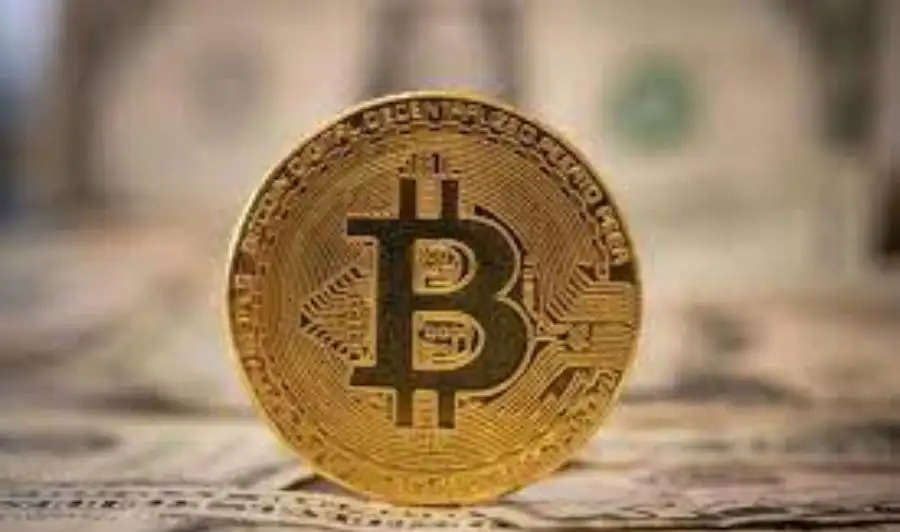Bitcoin: A Virtual Currency with Growing Real-World Applications

-
Bitcoin is a virtual currency that can be exchanged for fiat currencies of most countries
-
Bitcoin can be used to purchase virtual items in online games
-
Bitcoin can be used to buy real-life goods and services, as long as the seller accepts it as payment
-
El Salvador has officially recognized Bitcoin as legal tender
-
Germany and the United States have recognized Bitcoin as a unit of account and a currency, respectively
-
Japan has recognized Bitcoin as a legal payment method
Bitcoin, the world's first and most prominent cryptocurrency, has evolved from a niche digital asset to a form of payment with growing real-world applications. While its decentralized nature and volatility have raised concerns among some, Bitcoin's potential to revolutionize financial transactions and its increasing acceptance by businesses and governments worldwide cannot be ignored.
Virtual Purchases and Real-World Transactions
Bitcoin's early adoption was primarily driven by its use in online gaming platforms, where users could purchase virtual goods and services using the cryptocurrency. This established Bitcoin as a viable medium of exchange within the digital realm.
Beyond virtual worlds, Bitcoin has gradually gained traction in real-world transactions. Online retailers, ranging from small businesses to major corporations, have begun accepting Bitcoin as payment for their goods and services. This growing acceptance is fueled by Bitcoin's borderless nature, which allows for seamless cross-border transactions without the need for intermediaries like banks.
Legal Recognition and Expanding Utility
In a landmark move, El Salvador became the first country to officially adopt Bitcoin as legal tender in June 2021. This decision has paved the way for further integration of Bitcoin into the mainstream financial system.
Other countries have also taken steps to recognize Bitcoin's legitimacy. Germany, in 2013, classified Bitcoin as a "unit of account," meaning it can be used to calculate profits and losses for tax purposes. The United States, in a 2013 court ruling, recognized Bitcoin as a "currency" within the context of financial regulation.
Japan followed suit in 2017, declaring Bitcoin a legal payment method, further solidifying its status as a viable form of payment.
Conclusion
Bitcoin's journey from a niche digital asset to a form of payment with growing real-world applications is a testament to its underlying technology and the evolving landscape of finance. While challenges remain, such as price volatility and regulatory uncertainty, Bitcoin's potential to transform financial transactions and its increasing acceptance by businesses and governments worldwide cannot be overlooked. As Bitcoin continues to evolve, it is likely to play an increasingly significant role in the global financial ecosystem.
